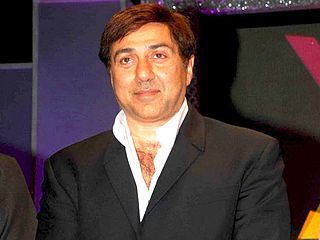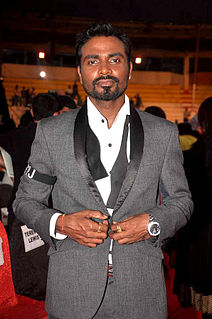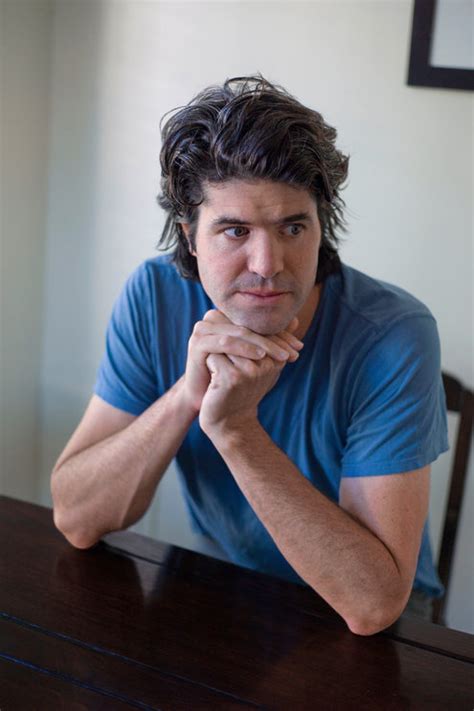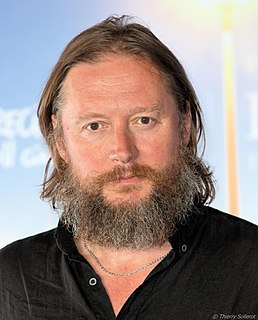A Quote by Dan Gilroy
Coming out of the '60s and the Vietnam War in America, it was commonplace for people to make films that had relevance to them. And since the '70s, cinema has gone almost entirely in the direction of spectacle and escapism and superhero films.
Related Quotes
I think Hollywood has gone in a disastrous path. It's terrible. The years of cinema that were great were the '30s, '40s, not so much the '50s...but then the foreign films took over and it was a great age of cinema as American directors were influenced by them and that fueled the '50s and '60s and '70s.
My production company wasn't doing well, so we were not producing films. Over a period of time, we have realized that we are going to produce our own films and make cinema that we like. We've got so much in-house talent, and my kids are going to be coming, so we all decided that we are going to be in films and cinema.
A lot of the young people make beautiful films or big films or are able to finance them, but they can't get anyone to distribute them, they can't get anyone to see them, so they go to these thousands of film festivals. So I still believe that even though a young kid might be able to make a masterpiece or something that changes the direction of cinema, the issue of how to get it to people is still not solved.
It's true that there are younger people making films, and there are different kinds of films. This has created some attention in what's coming out of Greece, and people like to find a way to name this new ethnic cinema. It's not like there's a movement, or a common philosophy in making these films. They're just things that happened, and now people are paying attention to it.
Event cinema is what it is, and I understand why it's successful. It started with things like 'Jaws,' which are extraordinary movies. But what we've lost are great character films which are beautifully directed and had great movie stars in them. Films that were about something rather than about spectacle.
We talk about how hard it is now. But if we look back at the '60s, we actually had a president that was assassinated. We had riots, we had Vietnam, Martin Luther King, Malcolm X, the FBI, and the Black Panther war. There was so much happening at the time where it felt like America was coming apart at the seams.
I think that Tyler Perry's genius really has been to tap into the domestic market. He knows what his audience is based on, having toured America for so long, and then giving them the blueprint for his films prior to the films coming out, and then the films have the built-in audience because they've seen it in theaters already.
For me, the stamp that I impose on stuff comes from the fact that in the '80s, when I was starting to write movies, I looked back to the '70s. So the films I enjoyed as a kid were the thrillers that came out of the '70s. Back then, you didn't have action movies; you had adventure films or thrillers.





































